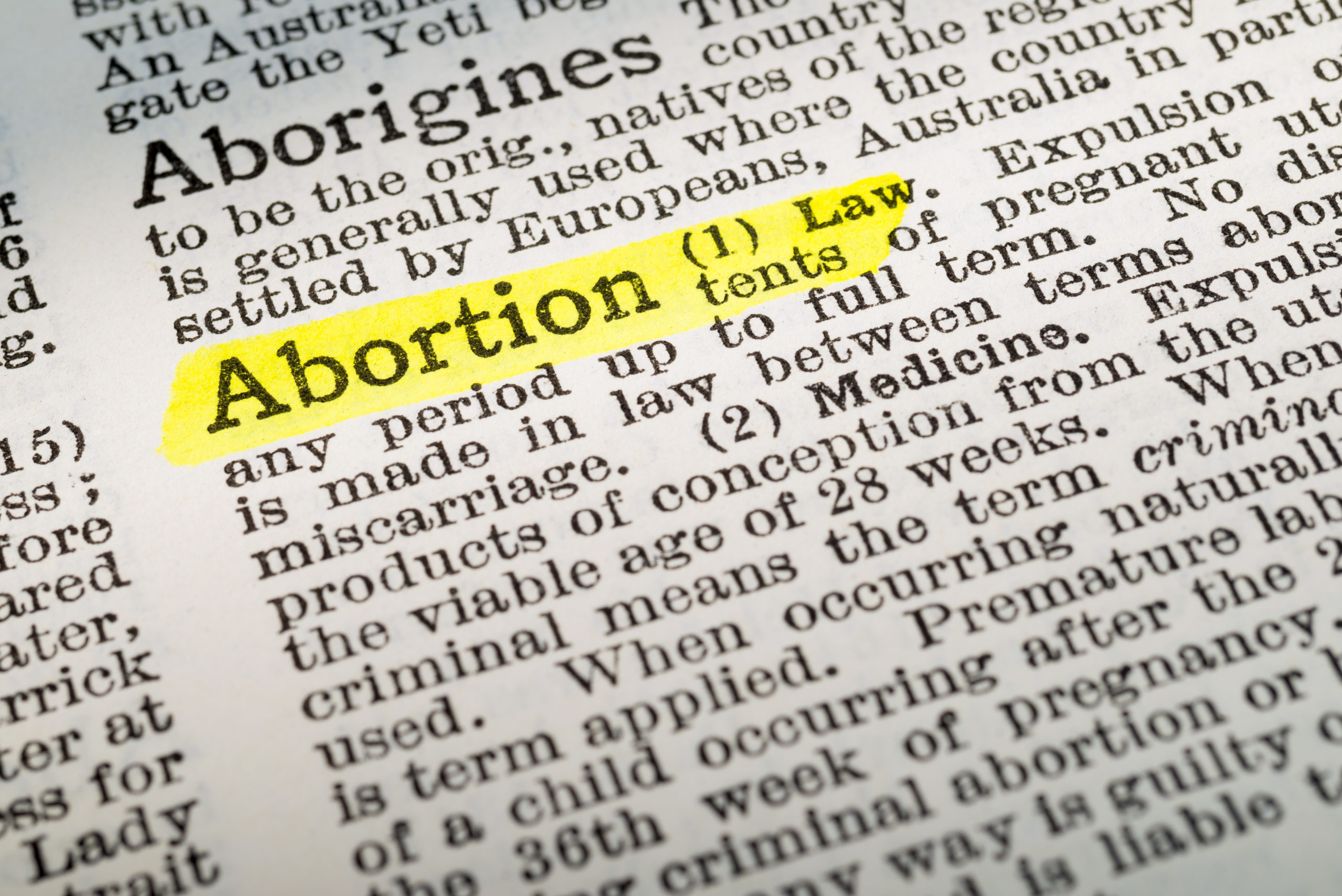Abortion rights, women of color, and LGBTQIA+ people are under attack. Pledge to join us in fighting for gender justice.
NWLC Responds to House Vote on Coronavirus Relief Package
(Washington, D.C.) The following is a statement from Fatima Goss Graves, president and CEO of the National Women’s Law Center:
“The package passed by the House today is a critical rescue effort for the entire country. The bill provides critical support for renters and homeowners, incentives for Medicaid expansion, Title X funding, investments in child care, and an extension of unemployment insurance at a time when women especially need it. But the work to ensure that this country fully recovers from the health, economic and care crisis is far from over. Our economy and our families will not get back on track without deeper investments in the care infrastructure, including child care and real paid leave. And workers in this country deserve a long-overdue increase in the minimum wage. As parents, workers, and caregivers, it is women who have carried this country through a hellish year, the full impact of which we’re only beginning to measure. Congress has a moral responsibility to provide continued relief and a more equitable economy that fully values the labor of women.”
According to the National Women’s Law Center:
- Women have suffered the majority of pandemic-related job losses: Since February 2020, women have lost over 5.3 million net jobs, and account for 53.8% of overall net job loss since the start of the crisis.
- More than 1 in 12 Black women (8.5%), nearly 1 in 11 Latinas (8.8%), and more than 1 in 13 Asian women (7.9%) ages 20 and over were unemployed in January 2021.
- Black women’s unemployment rate was up from 8.4% in December 2020 and was more than 1.7 times higher than their pre-pandemic unemployment rate (4.9% in February 2020). Latinas’ unemployment rate was 1.8 times their pre-pandemic unemployment rate (4.9% in February 2020). Unemployment among Asian women was up from 6.6% in December 2020, and over 2.6 times higher than their pre-pandemic unemployment rate (3.0% in February 2020).
- The child care sector lost 1,200 jobs in January 2021 bringing the total number of child care jobs lost since the start of the crisis to 173,000. With January’s losses, nearly 1 in 6 child care jobs lost since the start of the pandemic have not returned
- More than 61.2 million women (48.4%) reported that their household has lost employment income since March 2020.
- Latinas (60.1%) and Black, non-Hispanic women (54.5%) were more likely than white, non-Hispanic men (43.6%) and white, nonHispanic women (43.2%) to report lost work income in their household since March.
- More than two in five Latinas (40.8%), more than three in ten Black, non-Hispanic women (31.7%), and more than three in ten Asian, non-Hispanic women (30.4%) expected their households to lose employment income in the next month, compared to 22.2% of white, non-Hispanic men and 20.0% of white, non-Hispanic women.
- Nearly 5.6 million women (20.3% of women who rent) reported being behind on their rent payment in early January.
- Among renters, more than three in ten Black, non-Hispanic women (32.2%) reported being behind on their rent payment. This makes them over 2.5 times more likely than white, non- Hispanic men (11.6%) or white, non-Hispanic women (12.3%) to be behind on their rent. Latinas (29.4%) were also more than two times more likely to be behind on rent than white, non-Hispanic men or women.
- Among renters with children in the household, nearly two in five Black, non-Hispanic women (39.9%) and more than one in three Latinas (34.4%) reported being behind on rent payments. By comparison, among renters with children in the household, one in five white, non-Hispanic women (20.0%) and 18.3% of white, non-Hispanic men reported being behind on rent payments
- In early January, over 12.1 million women (11.1%) reported sometimes or often not having enough food to eat in the prior seven days.
- Black, non-Hispanic women (18.1%) and Latinas (21.5%) were over two times more likely than white, non-Hispanic men (7.9%) and white, non-Hispanic women (7.7%) to report not having enough food in the past week.




